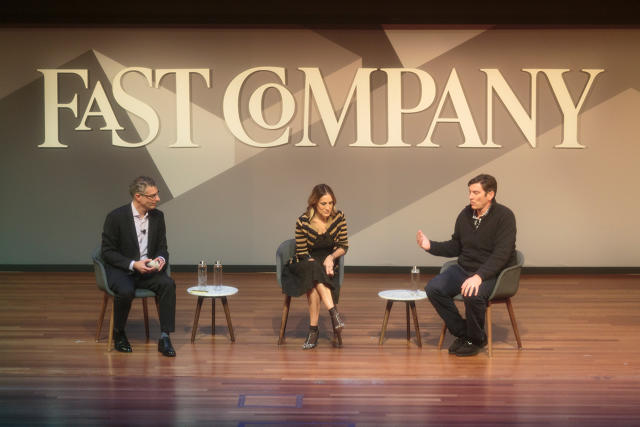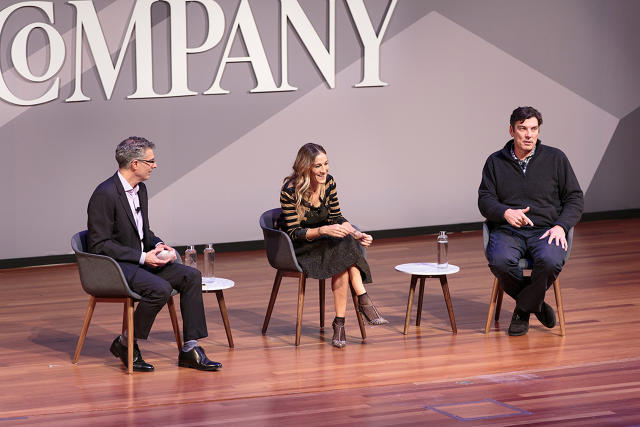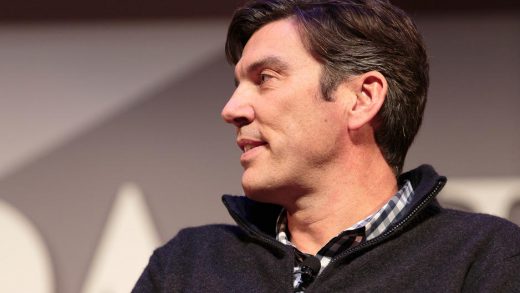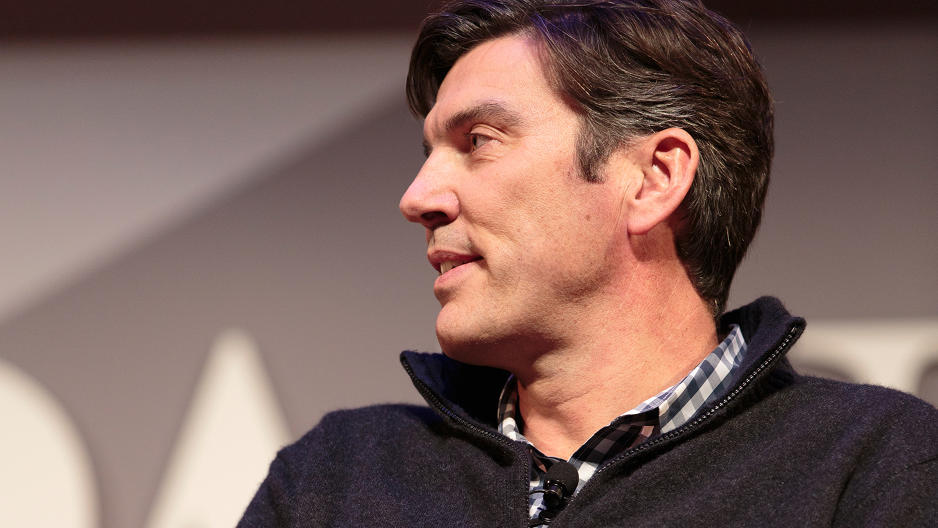AOL’s Tim Armstrong Is Optimistic About Yahoo-Verizon Merger Despite Massive Hack
AOL CEO Tim Armstrong remains optimistic that parent company Verizon will close on its acquisition of Yahoo in early 2017, even as the telecom giant continues its investigation into the massive data breach that Yahoo disclosed in September.
“There are 20 integration streams happening between the companies, covering everything from culture all the way through what content platforms we’re on,” he told Fast Company before stepping on stage at the Fast Company Innovation Festival. Separate from the hack investigation, “there are hundreds of people working together between the two companies.”

Those collaborators include Armstrong and Yahoo CEO Marissa Mayer; the two executives previously overlapped while in leadership roles at Google. “I’ve spent full days with her. I was just on the phone with her last night until 10 o’clock,” Armstrong said.
Mayer has not yet arrived at a decision regarding her future plans, according to Armstrong. Their conversations have focused on strategy and organizational structure: “Both of us are open for whatever possibilities and roles come out of it in general,” he said. “We’ll get to a point where I think it will become obvious for her if she wants to make a decision to stay or not stay.”
In the meantime, key roles at both companies will likely remain vacant. That includes the editorial role that Arianna Huffington left behind to focus on her own startup, and AOL’s top global advertising sales position, which Jim Norton quit to join Conde Nast. “There are probably positions that will be open through the close, thinking that there are maybe people at Yahoo to fill those positions or vice versa,” Armstrong said.

As for whether Verizon will look for a discount on the $4.8 billion it agreed to pay in July for Yahoo’s core business, due to the potential impact of the data breach on Yahoo’s brand and user base, Armstrong is circumspect. “Data breaches are becoming a part of everyday life,” he said. “We’re hopeful that it doesn’t result in something more meaningful.”
Fast Company , Read Full Story
(24)














